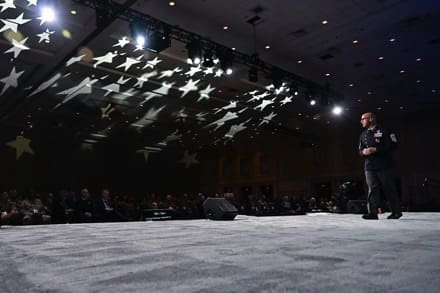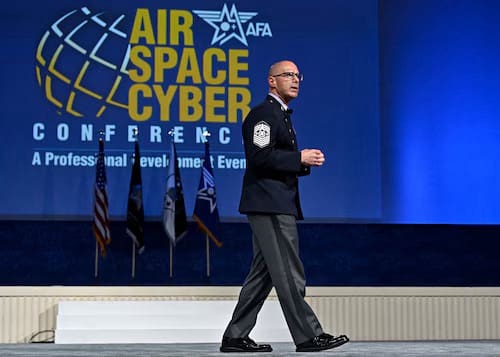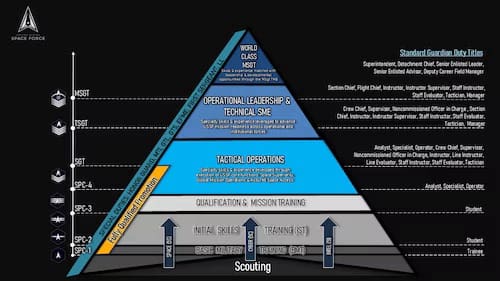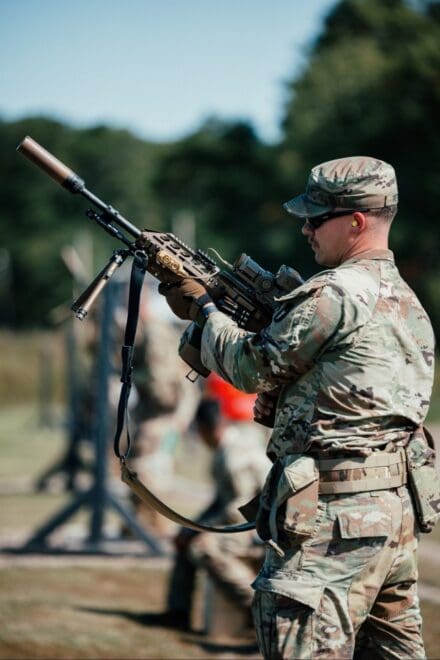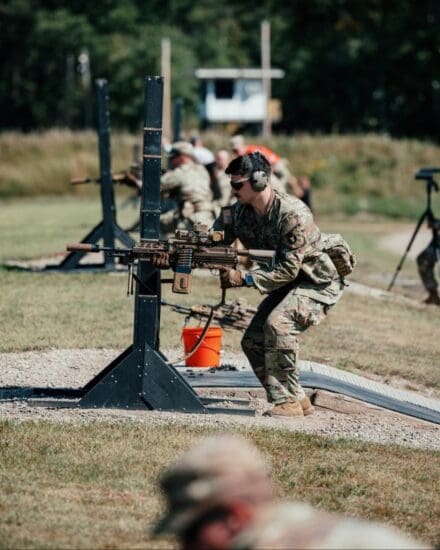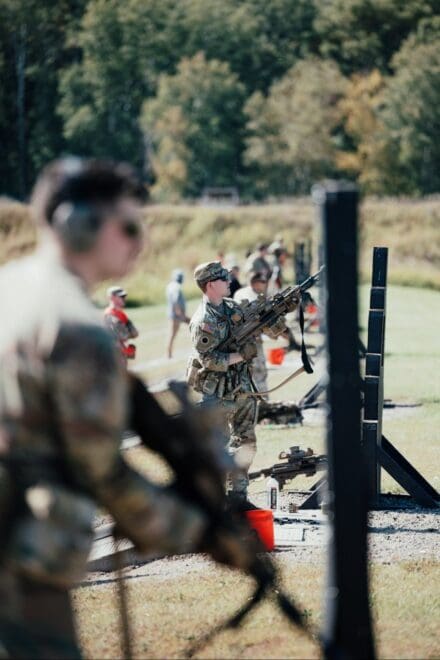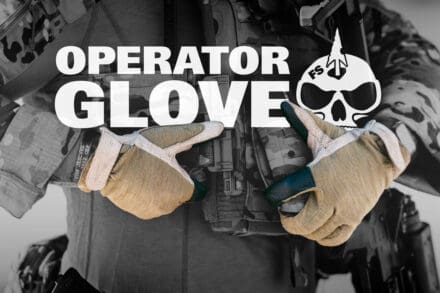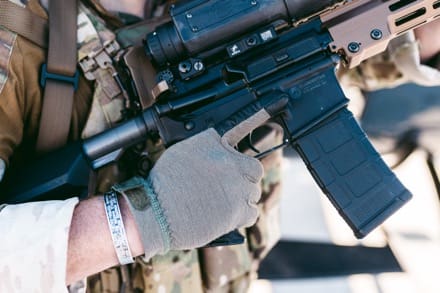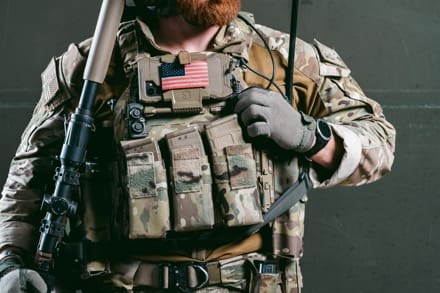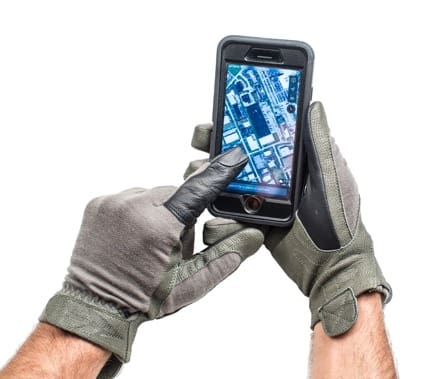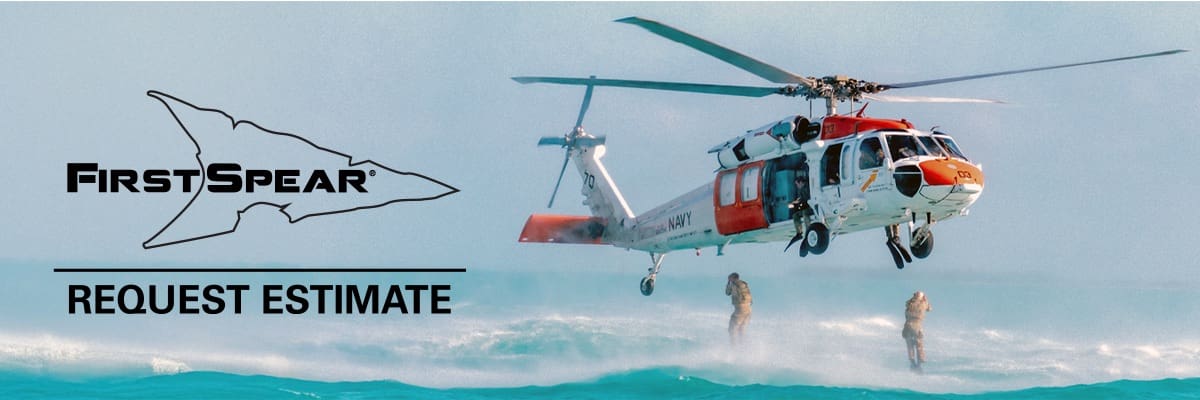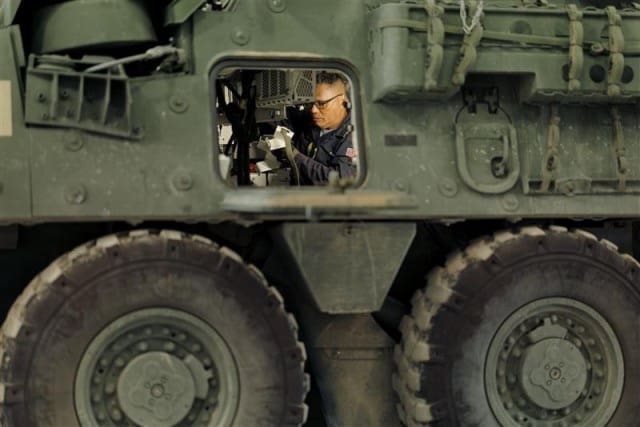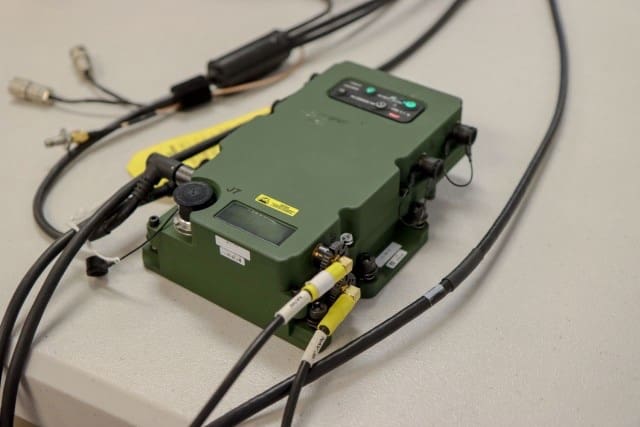
ARLINGTON, VA — The Department of War Irregular Warfare Center (IWC) announced the launch of its newest online course, Irregular Warfare (IW) 110: IW Approaches for Homeland Security and Defense, available now to homeland defense and homeland security professionals as of September 22, 2025.
According to national security experts, the U.S. homeland is under persistent unconventional attack in the ‘gray zone’ short of war from both threat nations like China as well as non-state actors such as transnational criminal organizations (TCO) and foreign terrorist organizations (FTO).
IW110 is a four-hour long self-paced virtual course about how the homeland can be better secured and how to defend the U.S. homeland using approaches such as countering threat networks, counter threat finance, and military counterterrorism techniques. Additionally, IW-110 explains how IW concepts like total /comprehensive defense, and countering hybrid threats can offer effective practices to establish a whole-of-society defense posture to increase resiliency against U.S. adversary activities in this gray zone.
The course is built with interactive courseware that integrates text, graphics, video and other media to enhance learning and encourage participants engagement. The course focuses on three objectives including Describe the current Homeland Security and Homeland Defense environment, identify irregular threats to the U.S. homeland from state and non-state actors, and examine the application of IW approaches/activities domestically to counter diverse threats to the homeland. The course includes five core sections and concludes with a final exam that must be passed to receive a completion certificate.
IW110 capitalizes on the IWC educational successes with the introductory IW101 course and advanced IW201 course, which have gained over 2,600 enrollments. This latest IWC course is specifically designed for Homeland Defense and Homeland Security professionals in the Department of War and interagency partners at the Federal, State and local levels. However, as an unclassified resource, it is also open to anyone interested in understanding how irregular warfare approaches can be employed to better protect our citizens and critical infrastructure.
This course helps realize the intent of the 2020 National Defense Strategy IW Annex to institutionalize and operationalize IW as a core competency for the U.S. military, as well as fulfill the Irregular Warfare Center’s (IWC) Congressionally mandated mission in Title 10 §345 “to serve as a central mechanism for developing the irregular warfare knowledge of the Department of War and advancing the understanding of irregular warfare concepts and doctrine” and “coordinating and aligning Department education curricula, standards, and objectives related to irregular warfare.”
Irregular Warfare 110 is hosted in two virtual offerings including the Center for Homeland Defense and Security self-study courses website. Registration and access information are available on our website irregularwarfarecenter.org/education/irregular-warfare-110
For more news and information about the IWC follow us on social media and subscribe to our DVIDS feed at:
LinkedIn www.linkedin.com/company/irregularwarfarecenter
X (former Twitter) x.com/IrregularWarCtr
Courtesy Story
Irregular Warfare Center



